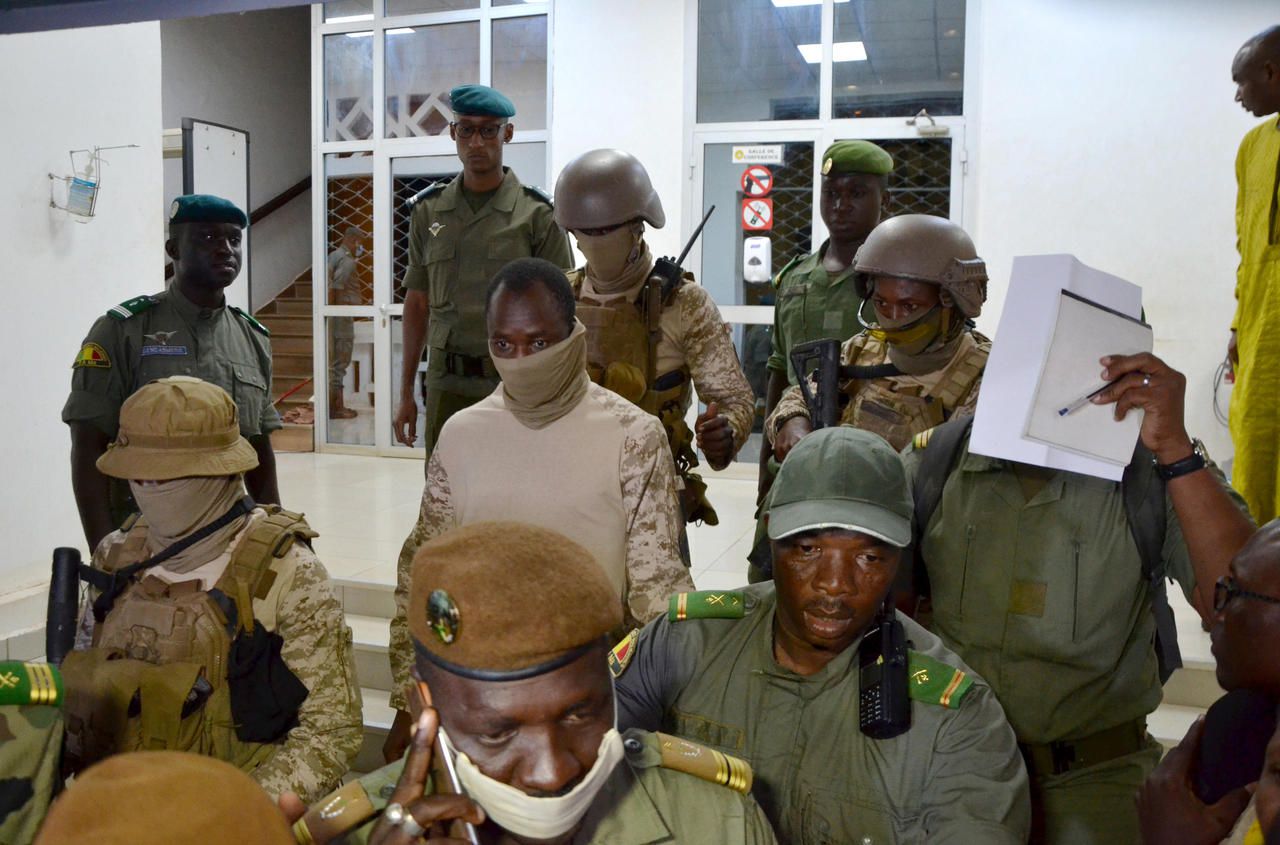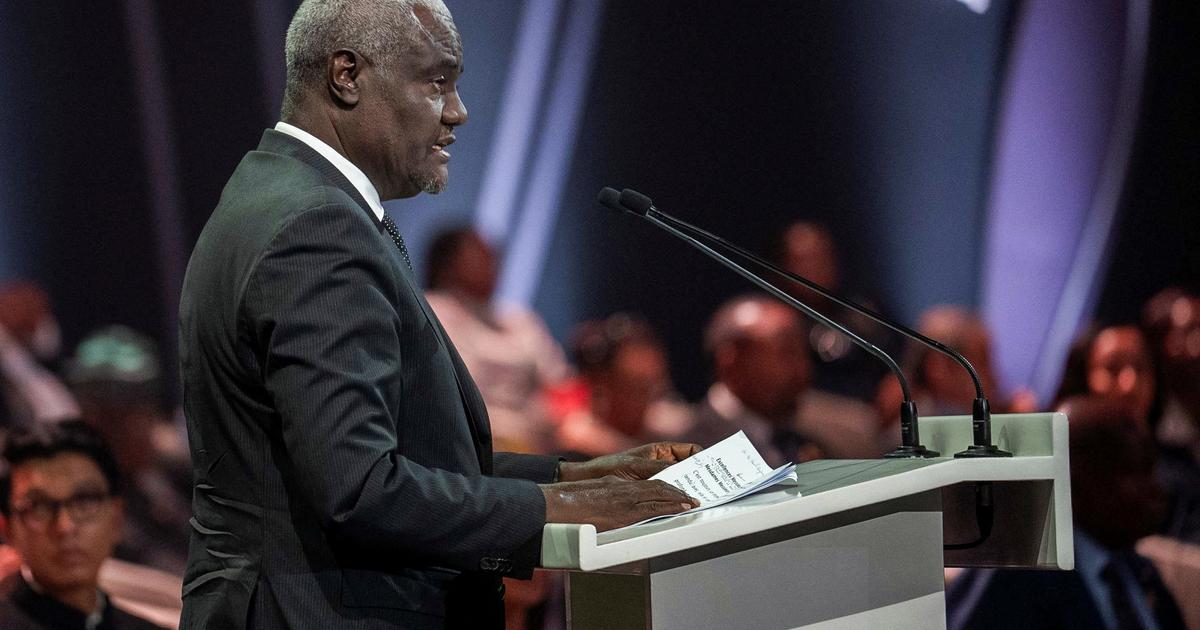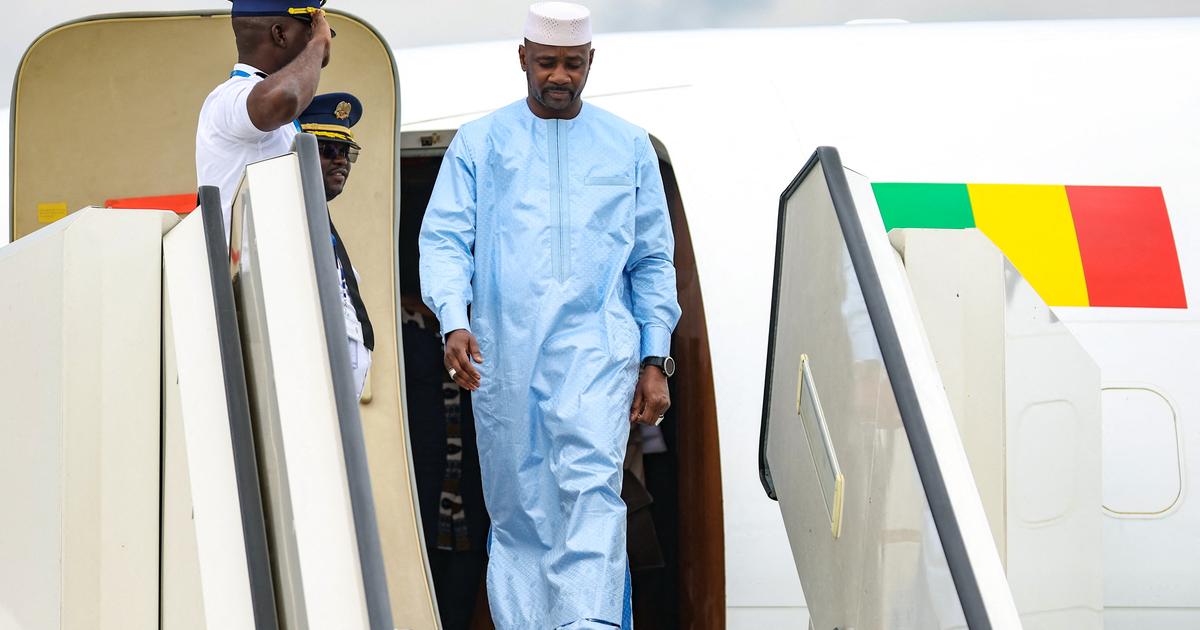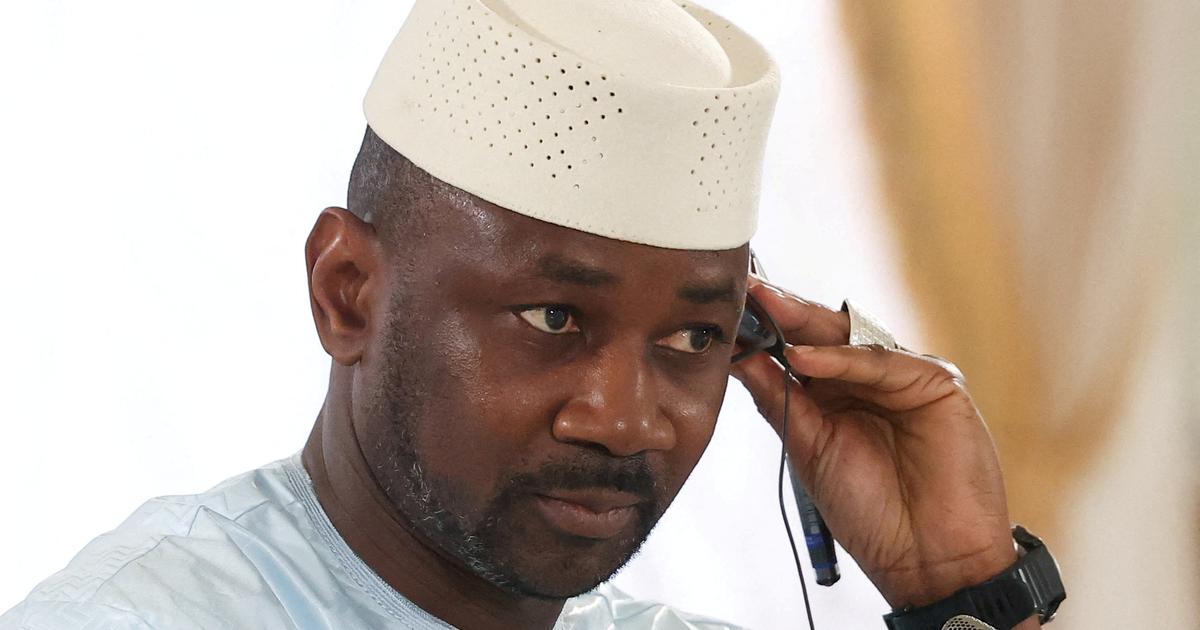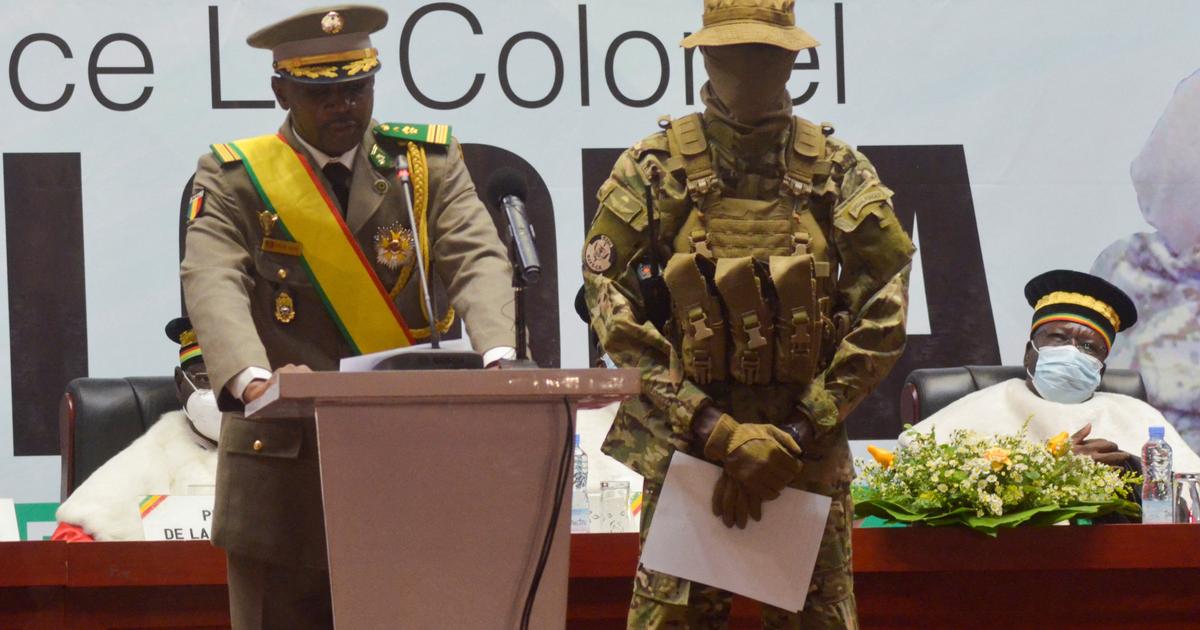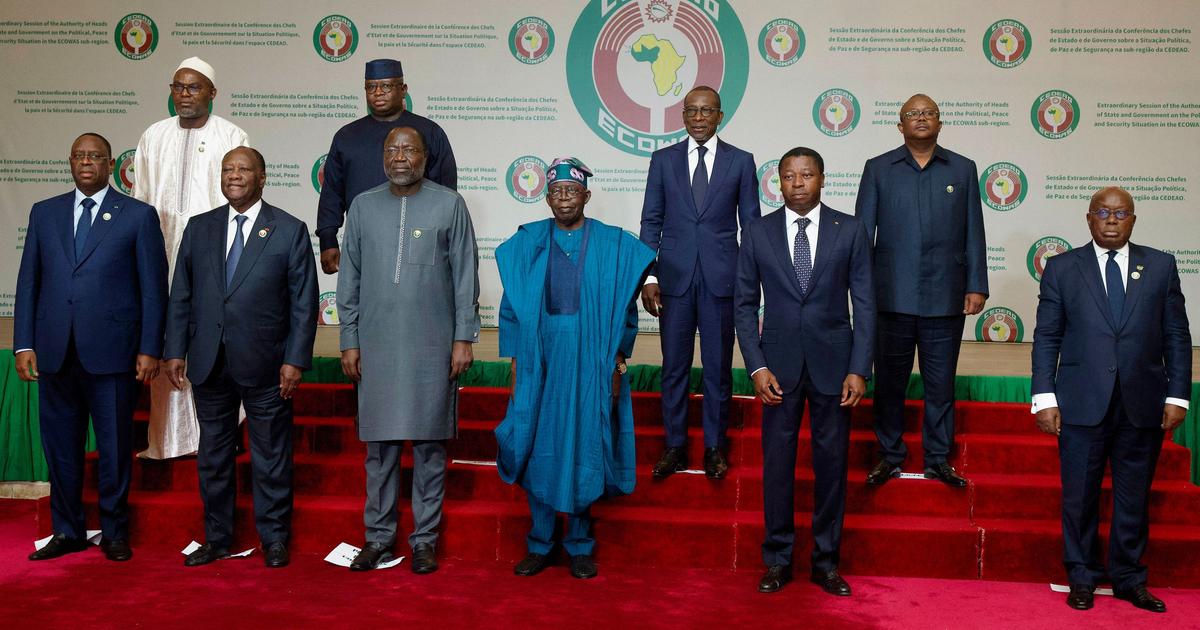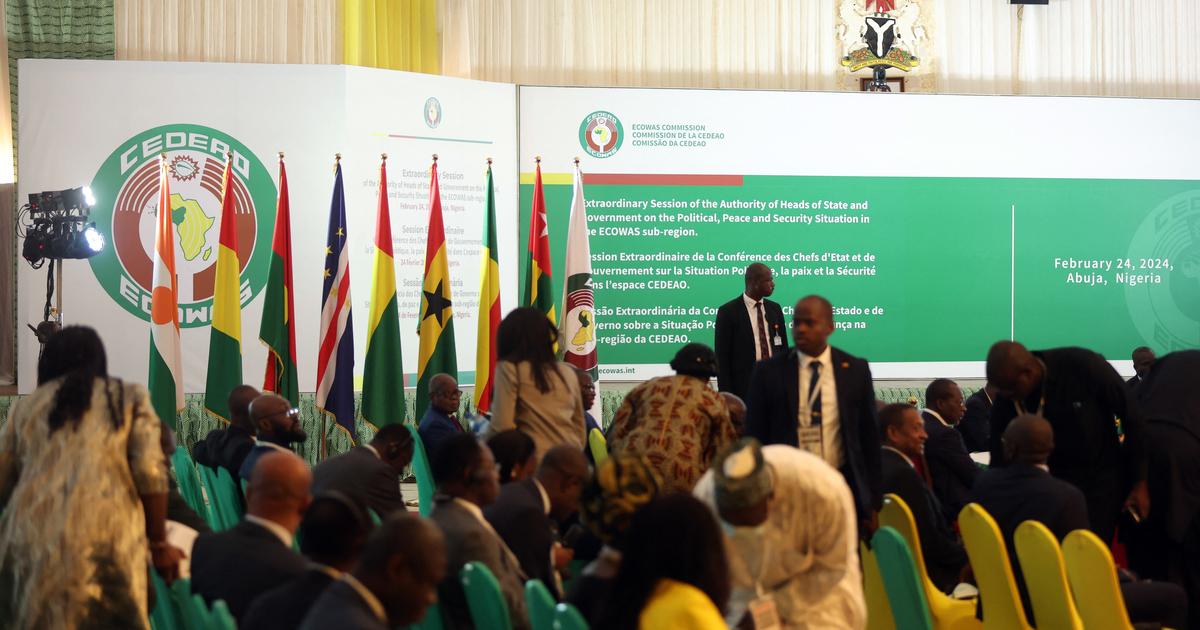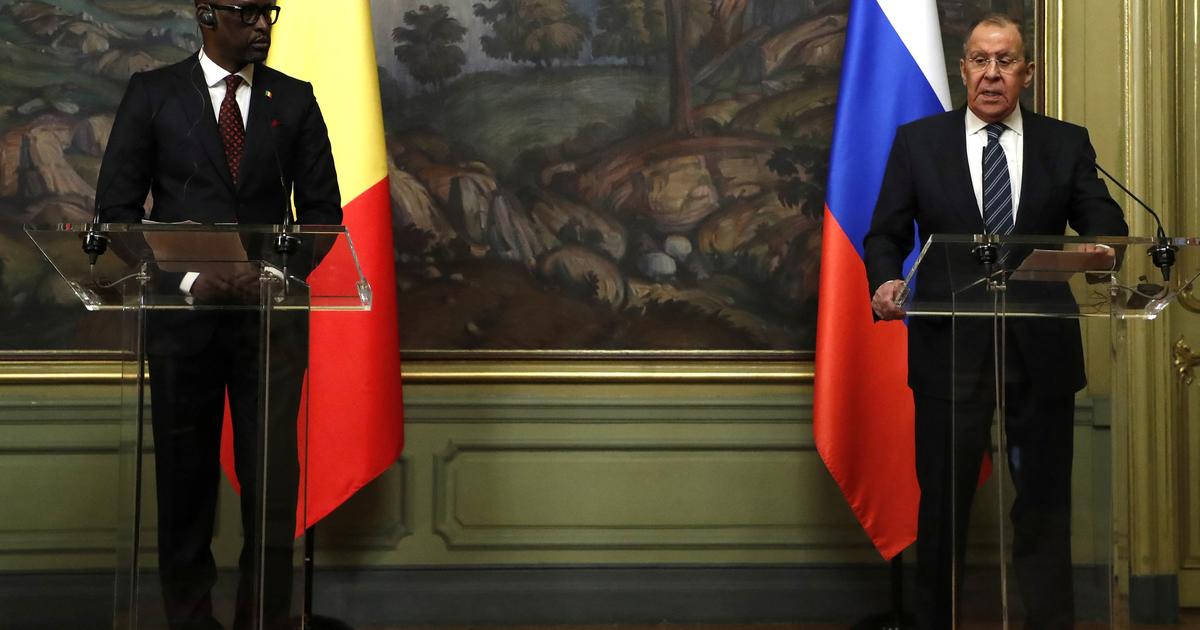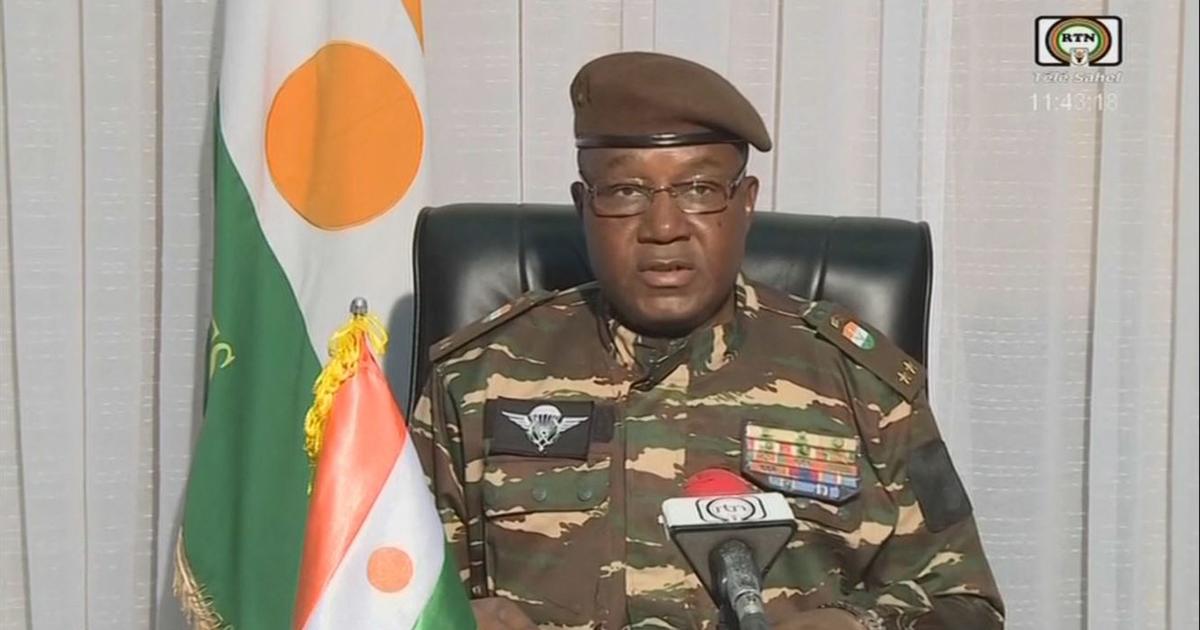An agreement was reached amid the chaos reigning in Mali. The junta that took power earlier this week announced a three-year transition led by a soldier on Sunday evening, and agreed to release ousted president Ibrahim Boubacar Keïta, whom it has held since last Tuesday.
“The junta has affirmed that it wishes to make a three-year transition to review the foundations of the Malian state. This transition will be led by a body chaired by a soldier, who will at the same time be head of state, ”indicated a source within the delegation of the Community of West African States (ECOWAS), to the outcome of the second day of negotiations with the new team in power in Bamako.
A member of the junta confirmed "the three years of transition with a military president and a government mostly made up of soldiers."
According to the same ECOWAS source, the junta gave its agreement to "release President Keïta". He “will be able to return to his home” in Bamako. "And if he wants to travel for treatment, there is no problem," she said.
As for Prime Minister Boubou Cissé, arrested at the same time as President Keïta and detained in the military camp of Kati, on the outskirts of the capital, "we got the junta to accept that he is in a secure residence. in Bamako ”, added this West African official.
"We have seen President Keïta"
The second day of negotiations resulted in progress without a full agreement, and they are due to resume on Monday. "We were able to agree on certain points but not on all the points of discussion," declared the head of the West African delegation, ex-Nigerian President Goodluck Jonathan, who was appointed after several hours of meeting. by ECOWAS to try to restore "constitutional order" in Mali.
President "IBK" was forced to announce his resignation on the night of Tuesday to Wednesday after being arrested by the military.
Newsletter - Most of the news
Every morning, the news seen by Le ParisienI'm registering
Your email address is collected by Le Parisien to enable you to receive our news and commercial offers. Learn more
On Saturday, several envoys from ECOWAS were able to meet the deposed head of state. “It's okay,” Goodluck Jonathan said after the interview.
Previously, ECOWAS envoys had been received for about thirty minutes by members of the National Committee for the Salvation of the People (CNSP) set up by the junta, including the country's new strongman, Colonel Assimi Goïta.
The acclaimed military
The president of the ECOWAS Commission, Jean-Claude Kassi Brou, who hopes "to be able to finalize everything by Monday", underlined the "will to really move forward" of the military.
"We need results because on August 26, the heads of state of ECOWAS meet to say if they are strengthening the sanctions against the junta or if we are loosening the grip," said a member of the delegation.
The neighboring countries of Mali, gathered in an Extraordinary Summit, had demanded Thursday for the "recovery" of President Keïta and decided to send this delegation to Bamako, the fourth of ex-President Goodluck Jonathan since the start of the crisis which has shaken the Mali after the contested legislative elections in the spring.
Denounced by the international community, the military coup did not arouse any notable opposition in Bamako. The Malians resumed their activities the day after the putsch and the national television, ORTM, continues its programs.
The military in power promised to quickly put in place a "political transition". They were cheered on Friday by thousands of people in central Bamako.
Four soldiers killed
Four soldiers were killed and one seriously injured on Saturday by an explosive device in the center of the country.
In March 2012, when the Tuareg rebels launched a major offensive in northern Mali, soldiers had already mutinied against the government's inability to cope with the situation and had driven out President Amadou Toumani Touré.
But the coup had precipitated the fall of northern Mali into the hands of armed Islamist groups, until they were largely driven out by an international military intervention launched by France in January 2013, still ongoing. .
The inability of the Malian state to control large parts of its territory in the north and the center has been denounced for months by opponents of President Keïta. The putschists also justified their intervention in particular by the insecurity reigning in the country and by the lack of means of the army.

